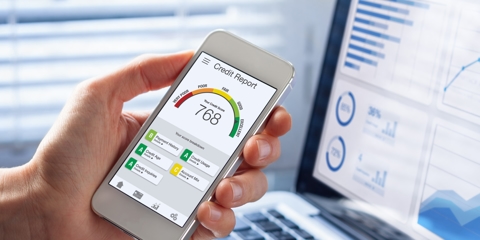Many people think of bankruptcy as their golden ticket to freedom. They may be mired in debt with little income and few options, and decide to file for bankruptcy. They may schedule a meeting with a bankruptcy attorney or even choose to file bankruptcy themselves, only to find out that the majority of their debts cannot be discharged in bankruptcy.
The good news is that most Chapter 7 bankruptcy filers will be able to get rid of most or all of their debts. There are, however, several types of debts that are not dischargeable. Also, there are several reasons a court may choose not to discharge your debt in bankruptcy, even if it is a type of debt that is eligible to be discharged in bankruptcy.
First, the types of debts that cannot be discharged include taxes, child support or alimony, court fines and penalties, debts owed to a former spouse arising out of a divorce, debts owed to a government agency, student loans, debts caused by driving while intoxicated, debts owed to retirement plans, debts owed to attorneys for child custody or child support cases, and homeowner’s association fees. Student loans actually can be discharged, but it’s extremely unusual for a bankruptcy court to discharge them – normally, the debtor must prove that paying them would cause extreme hardship and that the debtor made a good faith effort to pay them.
Therefore, if you are deeply in debt and your two major debts are child support and student loans, a Chapter 7 bankruptcy would probably not be a good option. Instead, you may choose to go to court to see if you can get your child support payments reduced based on your circumstances, and contact your student loan provider about a deferral or reduced payments.
The most common types of debts that are discharged in bankruptcy include medical debts and credit card debts. These normally can be discharged, but there are some circumstances under which a court would refuse to discharge the debts. In order to be eligible for a discharge, you must follow the bankruptcy court’s rules and procedures. If you fail to do so, the court could deny your petition. Some common reasons a court may refuse to discharge otherwise dischargeable debt include a failure to provide documentation, transferring property in an attempt to defraud your creditors, failing to account for lost assets, violation of a court order, hiding books or records, a failure to complete a class on asset management, or committing fraud in connection with your bankruptcy.
For most people in debt who follow the bankruptcy court’s rules, a Chapter 7 will be successful in providing a fresh financial start. For others whose major debts are not dischargeable, a Chapter 7 does not make much sense. There may be other options available that would provide a better outcome.
If you are deeply in debt and are considering bankruptcy, but are not sure which type or if it’s the right option for you, call the Atlanta bankruptcy attorneys at Holston & Huntley. Call us today- consultations are free and you are under no obligation to use our services. We serve Metro Atlanta Georgia as well as Birmingham Alabama including surrounding areas.





